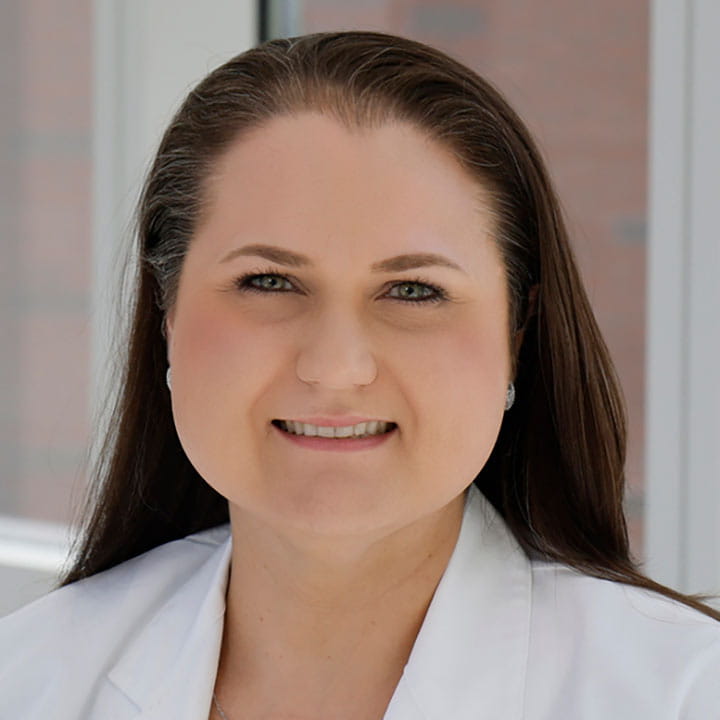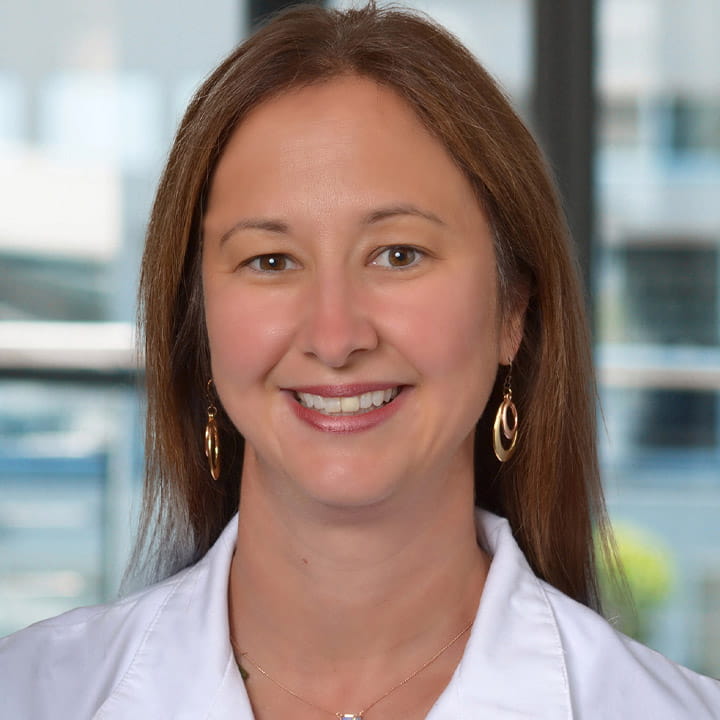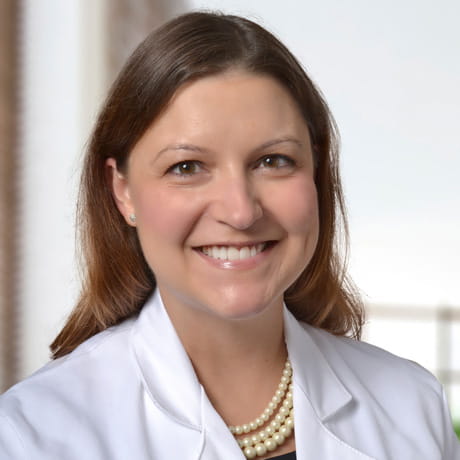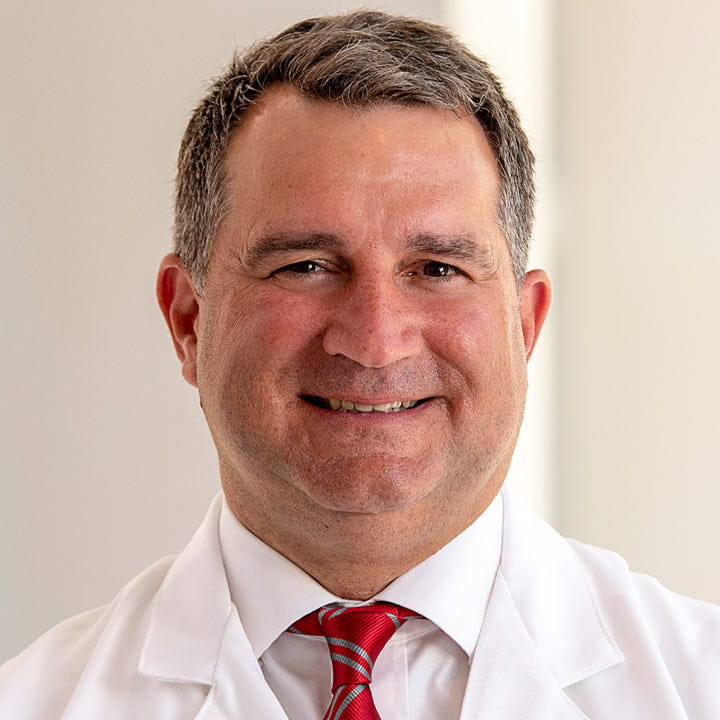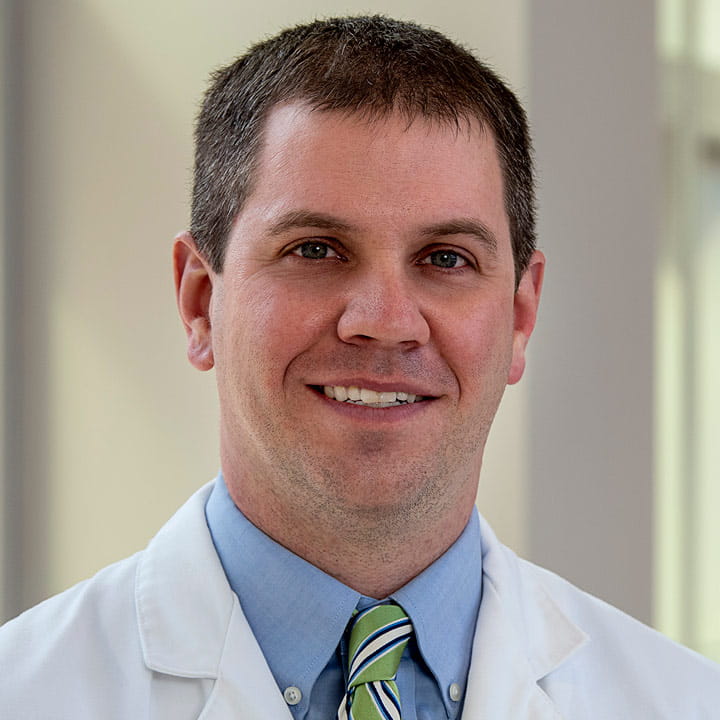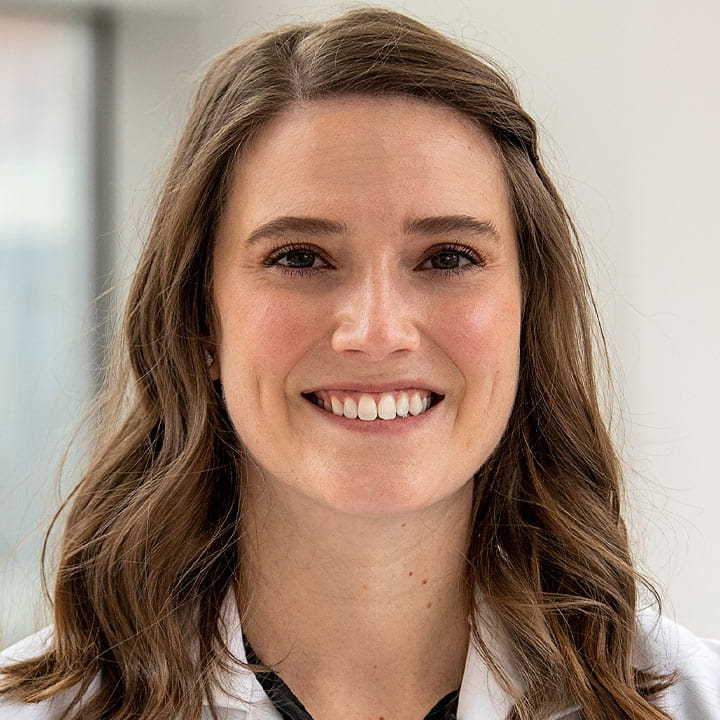What is inflammatory bowel disease (IBD)?
Inflammatory bowel disease (IBD) is a term used to describe disorders that involve chronic inflammation of your digestive tract. The underlying cause of IBD is unknown; however, dysfunction of immune system, genetic factors and certain lifestyle and dietary elements have been implicated. According to the Centers for Disease Control and Prevention, an estimated 3.1 million Americans (1.9% of the U.S. adult population) have IBD.
Surgery for inflammatory bowel disease
Surgery is often used to manage inflammatory bowel disease, sometimes as an elective procedure or to treat a more urgent issue.
- IBD may cause severe inflammation, which can result in uncontrolled bleeding, perforation of the bowel, infection or a blockage. These conditions may require emergency surgery.
- Patients may also choose to have planned surgery if medicine fails to control symptoms, their current quality of life is impacted by symptoms or if precancerous cells or cancer develop.
Most surgeries can be done using minimally invasive procedures, such as laparoscopy or robotics, to reduce pain, shorten hospital stays and lessen the time needed before returning to daily activities and work.
Surgery for Crohn’s disease
About 80% of patients with Crohn’s disease will require surgery in their lifetime. Surgery is performed to treat patients whose symptoms are not adequately controlled with medicine or to address complications of Crohn’s disease like rupture of the intestine, narrowing or obstruction of the bowel and severe infection.
It’s important to remember that surgery for Crohn’s disease does not eliminate the need for additional preventive medical treatment.
Common surgical procedures used for Crohn’s disease patients include:
- Bowel resection – Any diseased parts of the small intestine or large intestine (colon and rectum) are removed and then the healthy sections are reconnected. This is one of the most common procedures for Crohn’s disease and can be performed by Ohio State University Wexner Medical Center surgeons using minimally invasive techniques to enhance recovery.
- Widening the intestine – A procedure called a stricturoplasty opens the bowel and widens it by closing it in the opposite direction to treat a stricture or narrowing of the bowel. It can be used to treat shorter segments and because the bowel doesn’t need to be removed, it preserves bowel length.
- Anorectal procedures – One in three Crohn’s disease patients have symptoms in the anal area, including pain, irritation, fissures or tears, skin tags, narrowing or infection, including fistula and abscesses. These conditions are best evaluated and treated by experienced colorectal surgeons who can conduct an exam under anesthesia and provide the appropriate therapy.
Surgery for ulcerative colitis
Surgery is most often needed for ulcerative colitis patients when symptoms are not well controlled by medicine. This surgery may be elective and planned or done when symptoms rapidly develop and become severe.
Surgery for ulcerative colitis cures the disease because all parts of the intestine (colon and rectum) that are at risk for disease are removed. This provides patients freedom from lifelong medical therapy. You can request a surgical consultation if you’re interested in discussing your options.
Typical procedures performed for ulcerative colitis include:
- Pouch creation surgery – The entire large intestine is removed and the gastrointestinal tract is reconstructed by making a new reservoir or pouch using the small intestine, which is then connected to the anal canal. A temporary ileostomy, or opening in the abdominal wall, is created and connected to an ostomy bag that collects stool and gases outside the body until the connection of the new pouch has healed. The ileostomy is usually left in place for about 12 weeks, and then closed through a simple procedure. Once the ileostomy is removed, stool is then able to pass naturally through the healed pouch and out the anus.
- Proctocolectomy – The entire large intestine is removed and a permanent ileostomy is put into place, allowing stool and gasses to pass through this opening in the abdominal wall into an ostomy bag outside the body for easy disposal. Patients may prefer this procedure or it may be required when damaged or weak anal muscles create stool leakage or incontinence. You will be taught proper care of the area to minimize irritation and disruption of daily activities and maximize a healthy lifestyle.
Why choose Ohio State Wexner Medical Center?
Ohio State Wexner Medical Center’s Division of Colon and Rectal Surgery is at the forefront of inflammatory bowel disease management.
- All of our surgeons have completed a specialized fellowship in Colon and Rectal Surgery and are board certified in General Surgery, as well as Colon and Rectal Surgery.
- The Ohio State Wexner Medical Center provides state-of-the-art surgical treatments, with the vast majority of patients receiving minimally invasive surgeries for faster recovery times and a quicker return to normal activities.
- Every Ohio State Wexner Medical Center surgeon strives to understand each patient’s individual goals, so treatment options can be personalized and lead to the best possible outcomes.
- Our surgeons are dedicated to providing optimal patient care through strong collaboration with the medical experts at the Ohio State Wexner Medical Center’s Inflammatory Bowel Disease Center, one of the highest-volume IBD programs in the region. Our surgeons help determine when surgery is the right treatment option within the course of a patient’s care.


